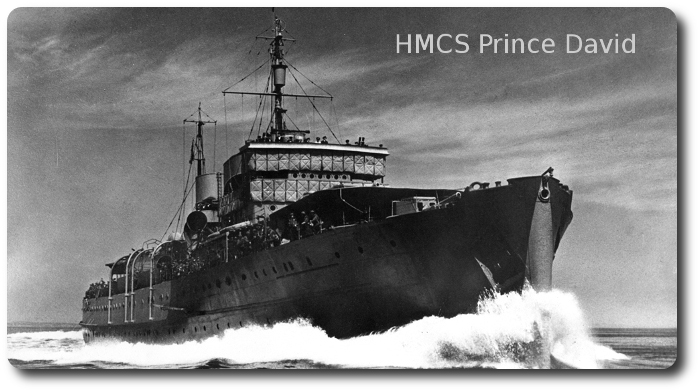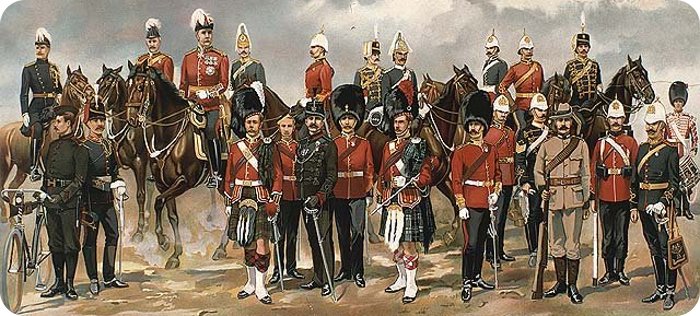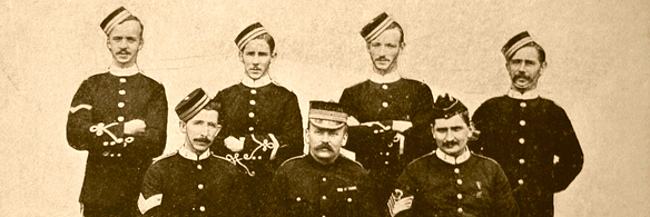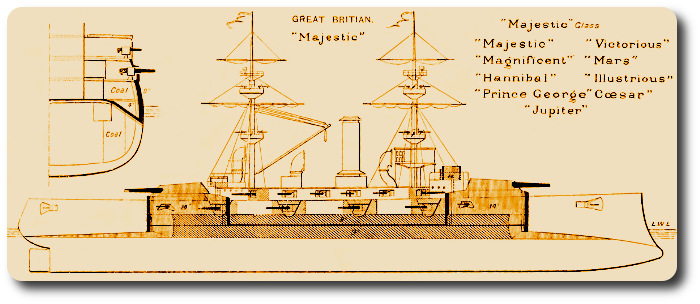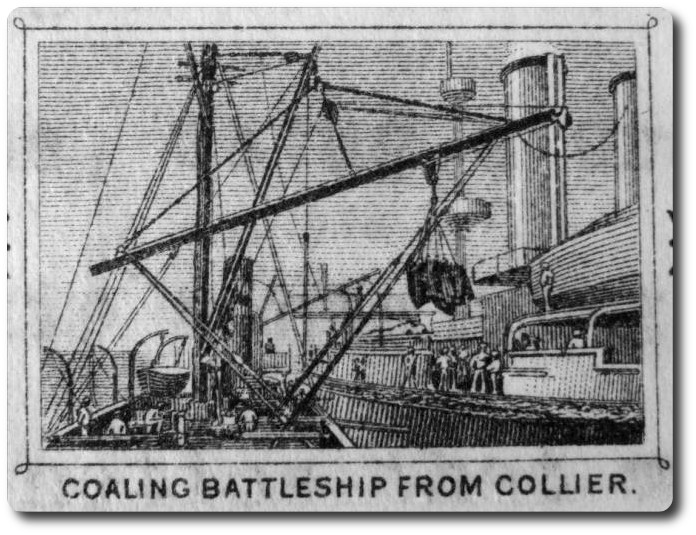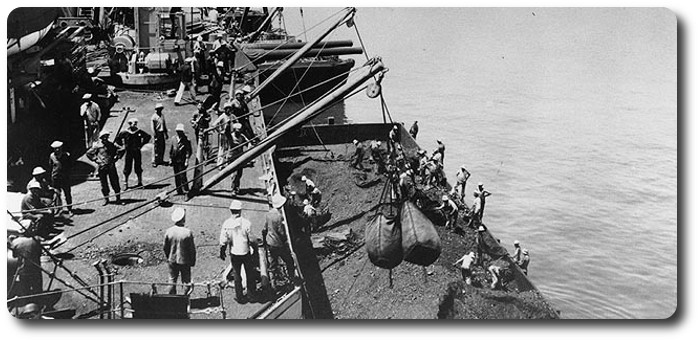Topic: CEF
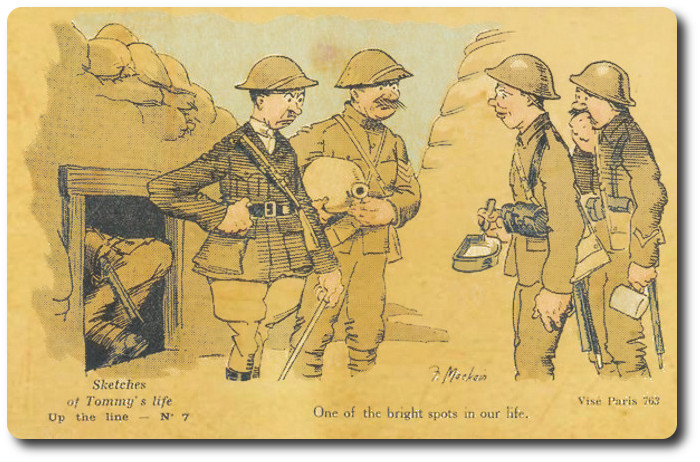
Tommy's Rum
The Journal of Commerce (Montreal), 24 October 1914
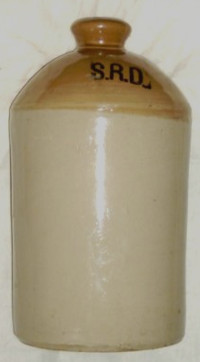 Whatever may be said of the "dry canteen" in the military camps of Canada—a country in which "dry" regulations, of not actually "dry" conditions, prevail—one need not be surprised to learn that the British military authorities have set aside the prohibition as applied for a few days in the camps of the Canadian forces now on Salisbury Plain. While in Canada and on the voyage across the Atlantic the troops were under the control of the Canadian Militia Department. When they were settled on their training grounds on Salisbury Plain, they ceased to be technically a Canadian force; they became part of the Imperial army organization, and subject in all things to the British Army regulations. Tommy Atkins, as the British soldier is commonly called, possesses certain rights and privileges, including the privilege of obtaining beer and spirits in moderate quantities, if he desires them. The wisdom of allowing these privileges to the soldiers has sometimes been called into question, but the result of every discussion has been that the army authorities have decided against prohibition. The British officials permit the use of spirits and beer, but they endeavor to prevent the abuse of them, and they take much pains to see that the articles supplied for the troops are pure and unadulterated. A recent issue of an English paper gives an account if the War Office arrangements for the supply of rum for the soldiers, which is of particular interest at this moment:
Whatever may be said of the "dry canteen" in the military camps of Canada—a country in which "dry" regulations, of not actually "dry" conditions, prevail—one need not be surprised to learn that the British military authorities have set aside the prohibition as applied for a few days in the camps of the Canadian forces now on Salisbury Plain. While in Canada and on the voyage across the Atlantic the troops were under the control of the Canadian Militia Department. When they were settled on their training grounds on Salisbury Plain, they ceased to be technically a Canadian force; they became part of the Imperial army organization, and subject in all things to the British Army regulations. Tommy Atkins, as the British soldier is commonly called, possesses certain rights and privileges, including the privilege of obtaining beer and spirits in moderate quantities, if he desires them. The wisdom of allowing these privileges to the soldiers has sometimes been called into question, but the result of every discussion has been that the army authorities have decided against prohibition. The British officials permit the use of spirits and beer, but they endeavor to prevent the abuse of them, and they take much pains to see that the articles supplied for the troops are pure and unadulterated. A recent issue of an English paper gives an account if the War Office arrangements for the supply of rum for the soldiers, which is of particular interest at this moment:
"Now that the nights are beginning to be cold, Tommy Atkins in the trenches in France is beginning to feel the need of "something to keep out the cold." With timely forethought for the welfare of the British soldier during a prospective winter campaign, the War Office is sending to the front a consignment of 150,000 gallons of rum. The bottling of this quantity which in normal circumstances would probably represent an excise duty of something like £60,000, is being undertaken by the Port of London Authority, and the Rum Quay at the West India Docks offers a scene of exceptional activity even for a department which is accustomed to dealing with thousands of puncheons in the course of a year. The huge vats at the West India Docks, which have an aggregate capacity of 58,500 gallons, are of course available for the blending of of this Army rum. All of it is genuine sugar cane product, requiring no addition of spirit, since it is already much over proof. Some of it was imported in 1911, and some in succeeding years, but the age is not necessarily indicated by the date of importations. Emerging from the vats 4.5 per cent. (sic), under proof, the rum is measured by the gallon and passed through funnels into stoneware jars of the customary type, and each of one gallon capacity. The jars are then corked and sealed with the seal of the Port Authority. The next stage is the packing of the rum. For convenient handling it is placed in wooden cases, which accommodate a couple of jars. The case us kept to a size which can easily be lifted by one man, so as to give as little trouble as possible in distributing the rum among widely scattered troops. Each case bears an intimation that it forms part of army supplies. About 3,000 jars of the rum are sent away each day. The destination is Newhaven via Willow Walk Railway Station. From the Sussex port the consignments go to the most convenient Continental port, thereafter to be forwarded to the base of operations. Large supplies of jars, of which a total of 150,000 will of course be required, arrive daily at the West India Docks. With the active co=operation of the Customs, the work of bottling proceeds until 6 p.m., instead of 4 p.m., as is usual in the case of bonded warehouses. In this way, and with the employment of a large staff of men, this big War Office order is in process of careful execution."



 Modern weapons of war, as applicable in particular to the protection and support of infantry on the offensive, were discussed last night by
Modern weapons of war, as applicable in particular to the protection and support of infantry on the offensive, were discussed last night by 
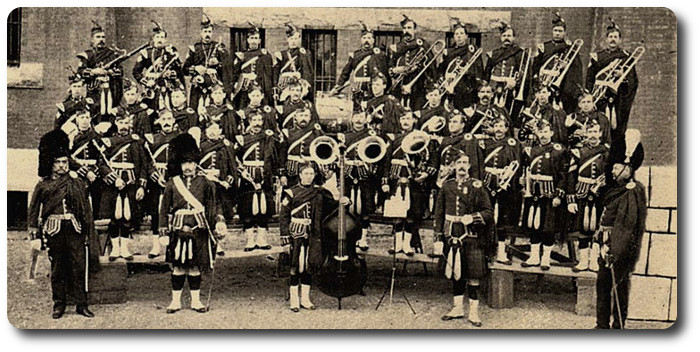
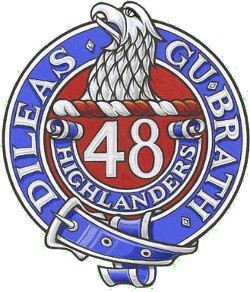 Toronto, December 18.—A case in which the Militia Act comes into conflict with trade unionism and the military is triumphant over the civil association is that of Parker against the Toronto Musical Protective Association, in which judgment was rendered today by Mr. Justice MacMahon. The plaintiff is a musician residing in Toronto, and an active militiaman, duly enrolled as a member of the
Toronto, December 18.—A case in which the Militia Act comes into conflict with trade unionism and the military is triumphant over the civil association is that of Parker against the Toronto Musical Protective Association, in which judgment was rendered today by Mr. Justice MacMahon. The plaintiff is a musician residing in Toronto, and an active militiaman, duly enrolled as a member of the 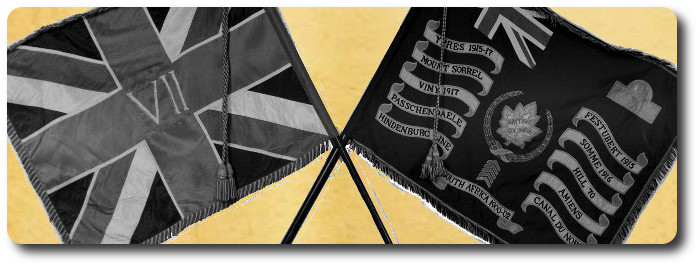
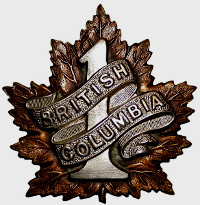 The occasion is the annual reunion of the survivors of the
The occasion is the annual reunion of the survivors of the 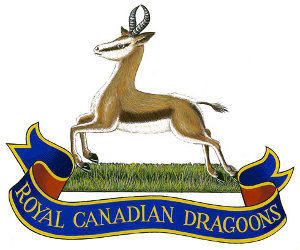
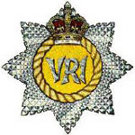


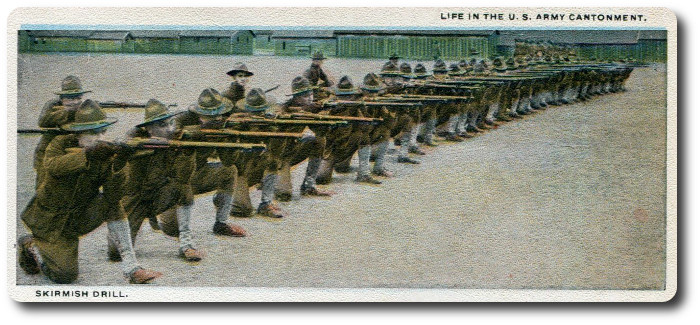
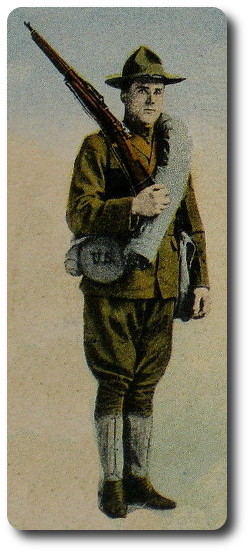 Toledo Blade, 6 July 1916
Toledo Blade, 6 July 1916
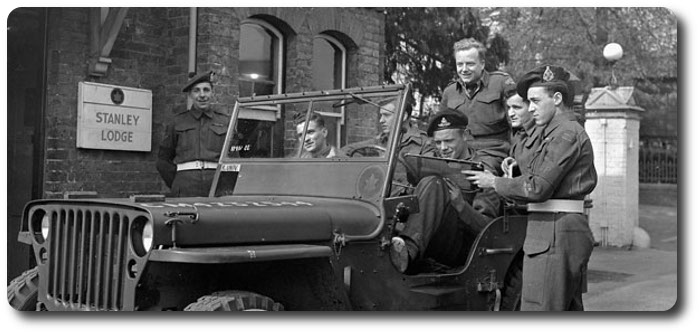

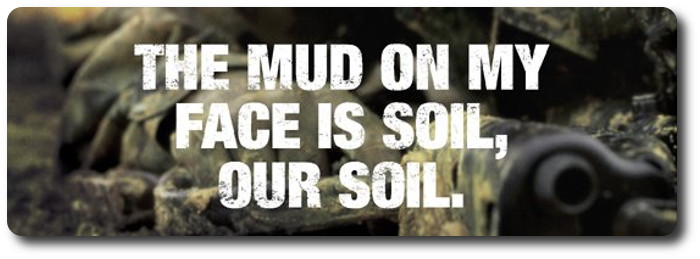
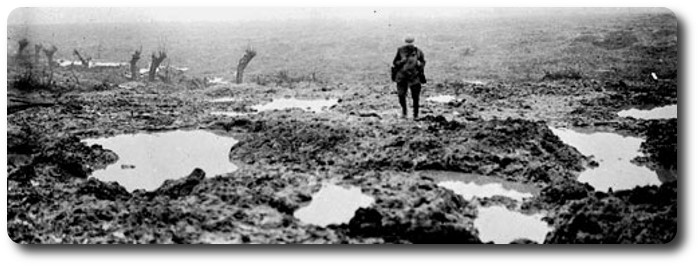

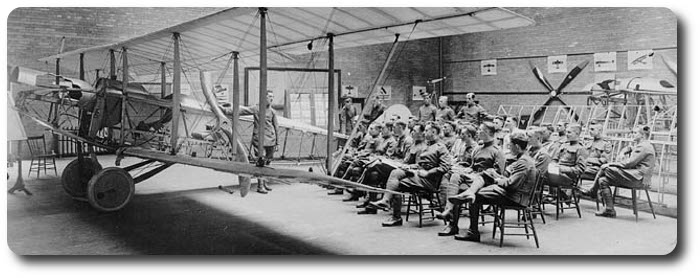

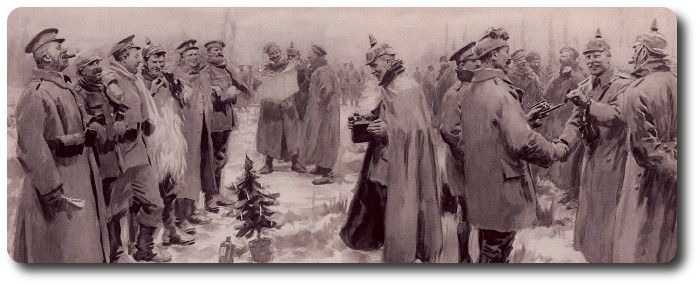
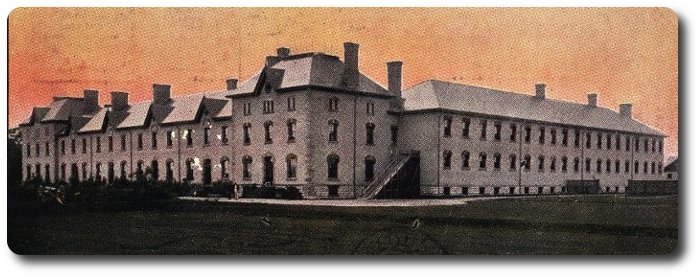
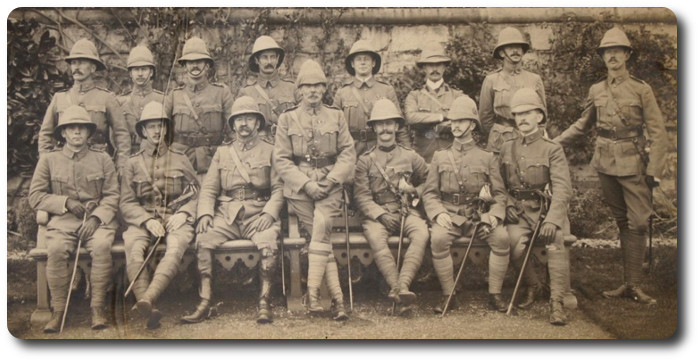
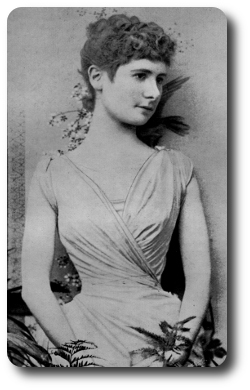 Speaking of khaki,
Speaking of khaki, 